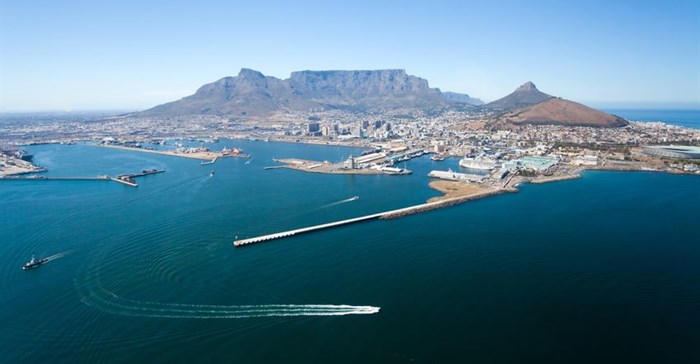Africa's only research chair in the law of the sea will compare and harmonise legislation on the continent's marine environment, which will have far-reaching implications for the exploitation of resources, the management of pollution and maritime security.
Research undertaken by the chair, hosted by Nelson Mandela Metropolitan University in Port Elizabeth, helps governments in Africa's coastal countries to manage their maritime zones effectively. "Unlike land, which is defined by national borders, the sea is largely international territory, except for a narrow band close to shore that falls under the full jurisdiction of national governments," says the chair's incumbent, Prof Patrick Vrancken.
In the 1970s and 1980s, leading up to the adoption and coming into effect of the 1982 UN Convention on the Law of the Sea, marine law was heavily researched. But it lost popularity as the world's focus shifted to other matters, such as human rights and climate change. "There are very few researchers in this area left in this country or the rest of Africa," Vrancken says.
Lack of research needs to be addressed quickly
The result has been a lack of research and reflection on this branch of the law, which needs to be tackled - quickly.
A poor regulatory environment for the management of oil resources, for example, could have devastating repercussions. Likewise, a country with inadequate legislation on fishing compared with its neighbours may find it more difficult to protect its living marine resources.
"There have been moves in the last five years to address the fact that Africa, in comparison to other continents, has far-below-average involvement in matters involving the maritime sector," Vrancken says.
Capacity building
In January 2014, the AU adopted the 2050 African Integrated Maritime Strategy, which marked the start of the continent taking seriously its collective sea resources and maritime affairs - and the laws that are meant to protect and govern them. But for this strategy to function correctly and to lead to the growth of the maritime sector, capacity still needs to be built in many spheres including education, training and research, and policy development.
To do this, the South African government established the South African International Maritime Institute, based at Nelson Mandela Metropolitan University, with Vrancken as a member of its steering committee. Vrancken has been involved in the leadership of Operation Phakisa's Oceans Economy Labs, which brought together marine and maritime stakeholders to identify issues and develop solutions.
He is also part of the independent research and capacity-building network PescaDolus, involving Interpol and Norway with significant South African buy-in, to tackle fisheries crime and investigate the organised syndicates behind it. Vrancken is writing a book that will propose a new analytical framework to tackle issues of state ocean jurisdiction.
A focus on the law of the sea
Earlier in 2016, Nelson Mandela Metropolitan University, with R50m in funding from the Norwegian government, launched FishForce, an academy geared to tackling fisheries crime. The university is also home to Africa's first journal on the law of the sea - entitled iiLwandle Zethu ("Our seas"), the Journal of Ocean Law and Governance in Africa.
Research by a dozen postgraduate students under the chair is funded by the Department of Science and Technology and managed by the National Research Foundation. Research focuses on the law of the sea including the legal regime governing the South African continental shelf and the exploitation of its resources and development in Africa, including indigenous law and the legal aspects of marine tourism.
Source: Business Day




































